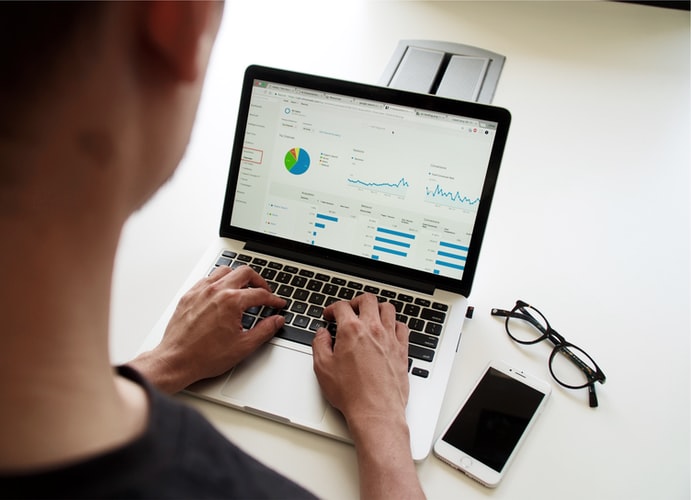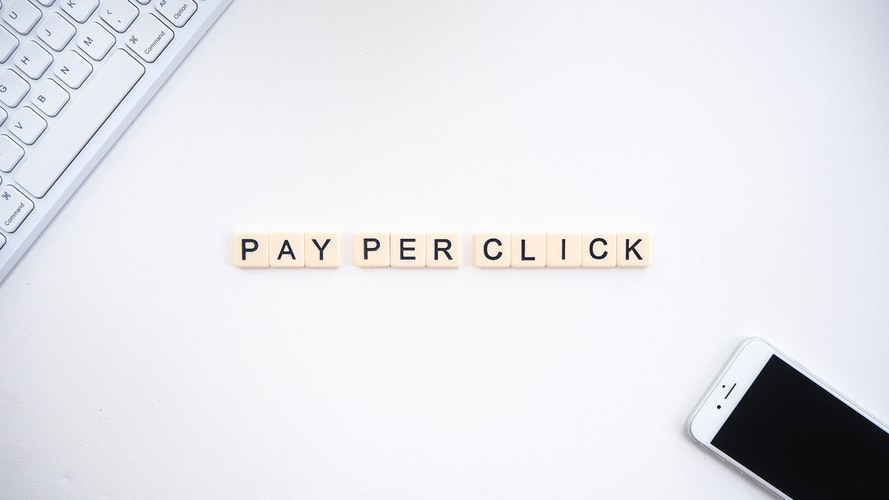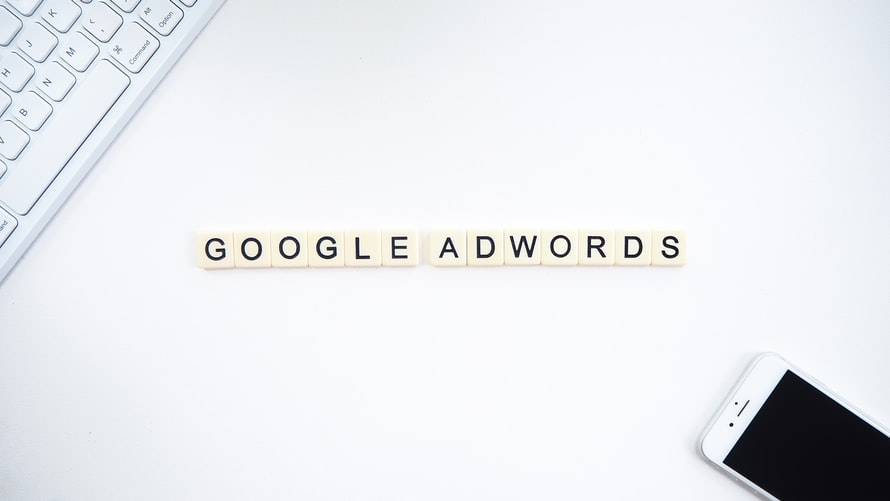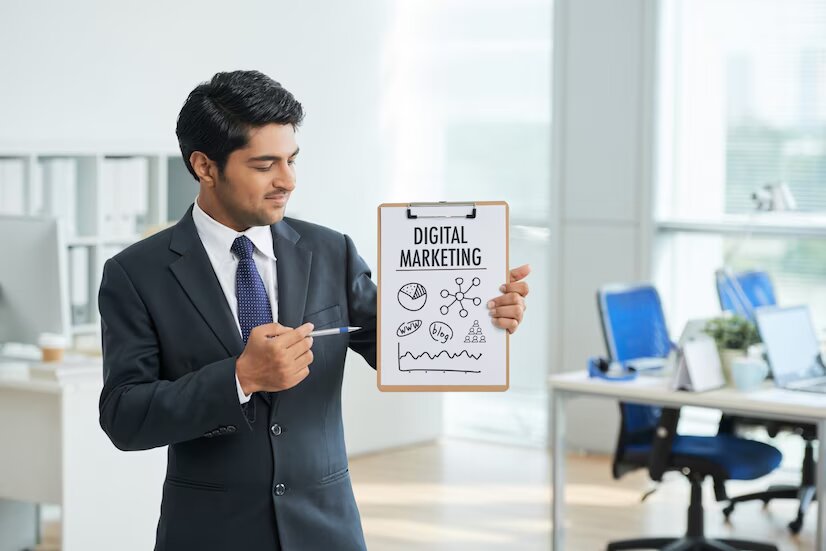PPC And Adwords: Spotting Top Differences
5 Mins Read
Published on: 17 July 2021
Last Updated on: 15 November 2024

toc impalement
Audiences, customers, and prospects are scattered across social media, blogging, and networking sites. Each site has its peculiarity and purpose. These have given rise to different avenues for online marketing.
Two of the profound techniques are the Pay-Per-Click (PPC) and Adwords.
However, the online space is chaotic and competitive, and this is where a PPC agency London can be of help.
Introducing The Terminologies
Pay-Per-Click or PPC – Is where an advertiser pays the platform every time an online visitor clicks upon the banner ad.
Search Engine Marketing – This is the practice of marketing through advertisements on search engines.
Adwords – A part of the Google Search Engine.
Although different, these approaches have the same goal and objective of helping brands and companies increase awareness and visibility, generating web traffic towards their websites.
Know The Differences
Pay-Per-Click Advertising Campaigns
 The name is a giveaway! PPC is a paid-only online advertising strategy. The most profound benefit of PPC is it helps fast-track your brand’s reach by augmenting a niche targeted visibility.
The name is a giveaway! PPC is a paid-only online advertising strategy. The most profound benefit of PPC is it helps fast-track your brand’s reach by augmenting a niche targeted visibility.
It is most effective when you are short of time, say launching a special price, limited offer, or festival promotions. The strategy allows businesses to target a particular set of users depending on their demographics such as age, location, date, and time.
The visibility aspect is crucial. Type any keyword into Google or Bing, and at the top of that page, you will see three ad links – this is the power of PPC.
A drawback of PPC is it is easily replicable by competitors. If you are seeking credibility and sustainability on Google or Bing, this approach is not for you. PPC can take place on any website, social media platform, or YouTube.
The highly competitive nature of the strategy means that companies will have to use their creative instincts and resources to reach the audiences.
PPC includes the subcategory of affiliate marketing. Now, what is affiliate marketing, one might wonder to ask?
Affiliate marketing is where a company promotes and sells its products and services through an individual or company partner. It is a commission-based tactic and serves as an additional or passive revenue stream for companies.
The core caters to only the marketing aspect that entails educating and spreading awareness. Here, the affiliates do not have the rigorous and challenging tasks of generating leads or after-sales support.
The brand also stands to benefit as it gains significant exposure by featuring through banner or display ads on a renowned website.
Additionally, influencer marketing is also ideal for PPC. If the influencer is an individual having their website, this can be into affiliate marketing as well. In the end, the influencer serves as an indirect marketing channel for the brand.
Search Engine Marketing (or Adwords)
 Search Engine Marketing or SEM is the practice of marketing through advertisements on search engines. The crux of the concept is that it happens only through search engines, including Google and Bing.
Search Engine Marketing or SEM is the practice of marketing through advertisements on search engines. The crux of the concept is that it happens only through search engines, including Google and Bing.
The stark difference between SEM and PPC is that the former caters to both paid and unpaid, that is, organic traffic. Note that PPC is a paid-only online advertising tactic.
With that said, SEM is an umbrella term that encompasses PPC. When it comes to the unpaid advertising counterpart, SEM also includes SEO or Search Engine Organisation.
SEO or Search Engine Optimisation uses phrases and keywords to drive organic traffic and listings. The reach of SEO depends upon target keywords and content quality. A key benefit is that SEO is free of cost.
As opposed to PPC, SEO is a long-term tactic that builds credibility and sustainability for brands and businesses. Also, if you are short on marketing funds, then SEO is an excellent option for you.
What’s even better is that once your business features among the top searches of Google or Bing, it is here to stay. The reason is it is difficult for competitors to replicate the organic following.
On the other hand, the drawback is that it is a slow and time-consuming process that cannot be established at will. Therefore, the tactic doesn’t work for limited promotions.
Whether you opt for the paid-only, unpaid, or a blend of both, Adwords is a part of SEM. Adwords is a tool embedded within the Google search engine to assist companies in their online brand-building endeavors.
The Interpretation Problem
Now that PPC and SEM (and Adwords) are explained above, are these categories mutually exclusive?
You see, the starting point is always going to Google and type in a product, service, or query. Hence, Google and Bing are known as search engines.
The question is that since brands and companies have a presence on social media and networking sites such as Facebook, Instagram, and LinkedIn, can’t these be regarded as search engines? The link to websites and product and service promotions are available on social media sites as well.
The answer is that much depends on the search intent and purpose. A social media or networking site will not directly answer your query as it is a connection-building platform.
When looking for a particular brand or company, social media serves as an excellent search engine. Type a doubt or issue on Google, and it will present company websites, blogs, and articles catering to that solution.
This subconscious hierarchy when searching for information is what makes search engines and social media sites different.
What You Need To Know
With customers and prospects spread across sites, companies have taken to online marketing in full swing. Two profound strategies are PPC and SEM, of which Adwords is a crucial tool.
PPC caters to paid-only online advertising that runs through search engines and other websites and includes affiliate marketing. SEM is an umbrella term catering paid (PPC) and organic (SEO) online advertising.
SEM only occurs through search engines. Although different, much depends on how a search engine is defined and the search intent.
Now that you know the differences between the two choosing the right channel for your marketing will be much easier. Remember, the starting point is always seeing where your audience is; the rest comes as you go.
Read Also:


















Comments Are Closed For This Article